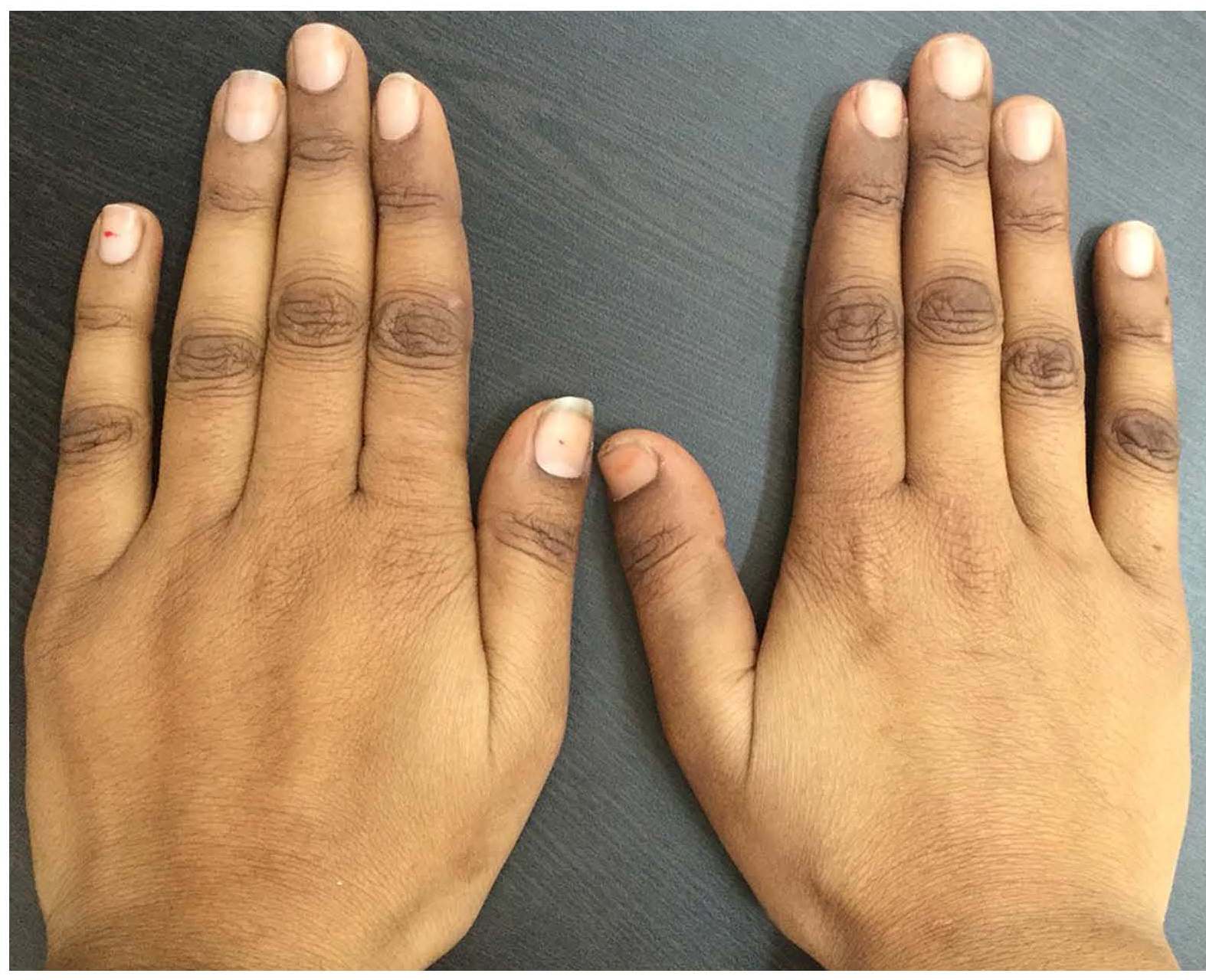

B12 And Skin: The Essential Connection For Healthy Skin
Vitamin B12 plays a crucial role in maintaining healthy skin, and its deficiency can lead to various skin issues. Understanding how B12 impacts skin health is essential for anyone looking to improve their overall appearance and well-being. This article will explore the relationship between B12 and skin health, the symptoms of deficiency, and how to incorporate this vital nutrient into your diet.
As we delve deeper into the world of B12, we will uncover the various ways this vitamin contributes to skin vitality, including its role in cell production, repair, and overall skin texture. Additionally, we will highlight the importance of understanding your body's needs for B12 to prevent deficiencies that can lead to significant health concerns.
By the end of this article, you will have a comprehensive understanding of how B12 affects your skin, along with actionable tips on how to ensure adequate intake for optimal skin health. Whether you are struggling with skin issues or simply looking to enhance your complexion, knowledge about B12 can be a game-changer.
Table of Contents
- What is B12?
- The Importance of B12 for Skin Health
- Symptoms of B12 Deficiency
- How B12 Supports Skin Health
- Sources of B12
- B12 Supplements: Pros and Cons
- B12 in Skin Care Products
- Conclusion
What is B12?
Vitamin B12, also known as cobalamin, is a water-soluble vitamin that is essential for various bodily functions, including the production of red blood cells and DNA synthesis. It is crucial for maintaining the health of nerve cells and plays a significant role in the metabolism of fatty acids and amino acids. B12 is primarily found in animal products, making it particularly important for individuals following a vegan or vegetarian diet to monitor their intake.
The Importance of B12 for Skin Health
B12 is vital for several skin-related functions:
- Cell Production and Repair: B12 is necessary for the production of new skin cells and the repair of damaged cells, which is essential for maintaining a healthy complexion.
- Reduction of Inflammation: B12 has anti-inflammatory properties that can help reduce skin irritations and conditions like acne and eczema.
- Moisture Retention: Adequate levels of B12 can help maintain the skin's moisture barrier, preventing dryness and promoting a youthful appearance.
Symptoms of B12 Deficiency
Deficiency in vitamin B12 can lead to a range of symptoms, many of which can affect the skin:
- Hyperpigmentation: Dark spots or patches on the skin may develop due to insufficient B12.
- Dry and Flaky Skin: A lack of B12 can result in a compromised moisture barrier, leading to dryness.
- Skin Rashes: Rashes and other skin irritations may occur as a result of deficiency.
How B12 Supports Skin Health
B12 contributes to skin health through several mechanisms:
1. Promoting Cell Turnover
Vitamin B12 helps in the rapid turnover of skin cells, ensuring that dead cells are replaced with fresh ones, leading to a brighter complexion.
2. Enhancing Skin Barrier Function
A well-functioning skin barrier is essential for preventing moisture loss and protecting against environmental damage. B12 supports the integrity of this barrier.
3. Supporting Collagen Production
Collagen is vital for skin elasticity and firmness. B12 aids in collagen synthesis, contributing to a plumper appearance.
Sources of B12
To maintain adequate B12 levels, consider incorporating the following foods into your diet:
- Meat (especially liver and kidney)
- Fish (such as salmon and trout)
- Dairy products (milk, cheese, yogurt)
- Eggs
For those on a plant-based diet, fortified foods and supplements may be necessary to ensure sufficient intake.
B12 Supplements: Pros and Cons
While B12 can be obtained through diet, some individuals may require supplements:
Pros
- Convenient for those with dietary restrictions.
- Effective in rapidly increasing B12 levels.
Cons
- May lead to excessive intake if not monitored.
- Not all supplements are created equal; quality can vary.
B12 in Skin Care Products
Several skin care products now incorporate B12 due to its benefits:
- Moisturizers: Often formulated with B12 to enhance hydration.
- Serums: Targeting skin rejuvenation and repair.
When choosing skin care products, look for those that highlight B12 as an active ingredient for potential benefits.
Conclusion
Vitamin B12 is an essential nutrient that plays a significant role in maintaining healthy skin. By understanding its importance, recognizing the symptoms of deficiency, and incorporating adequate sources into your diet, you can enhance your skin's health and appearance. If you suspect a deficiency, consult a healthcare professional for guidance on supplementation and dietary adjustments.
We invite you to share your thoughts in the comments below, and don’t forget to explore other articles on our site for more insights into skin health and nutrition!
Thank you for reading, and we look forward to seeing you back soon!
Best Vitamin C And E Serum For Face: A Complete Guide
Exploring The Scorpio Traits In Sex: What Makes Them Unique?
Nails To The Quick: Understanding The Causes, Symptoms, And Treatments


